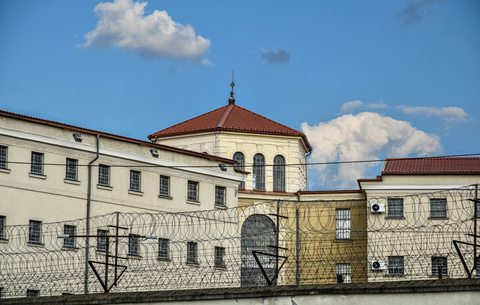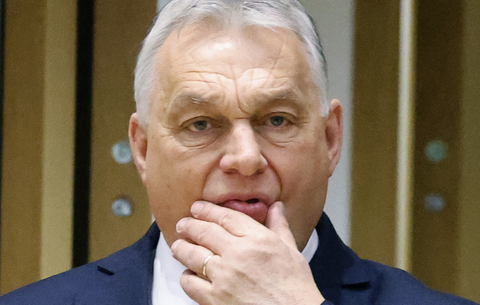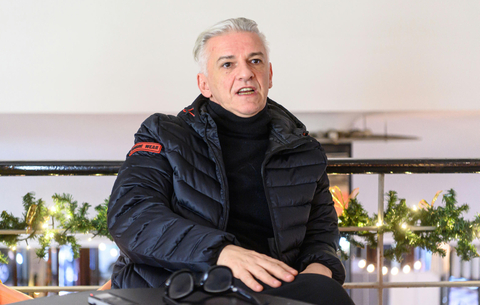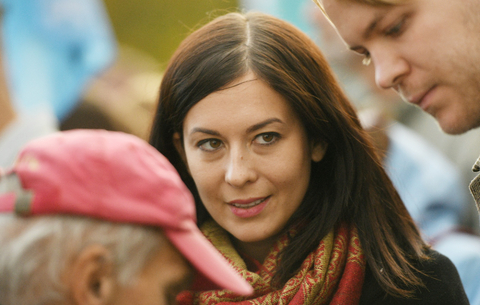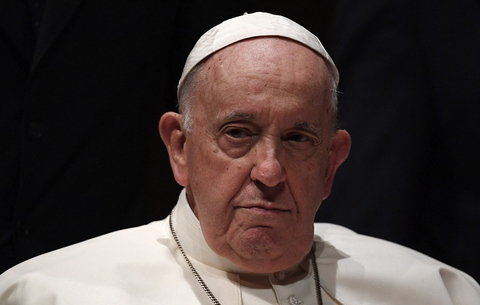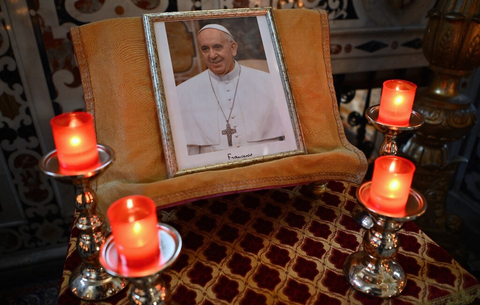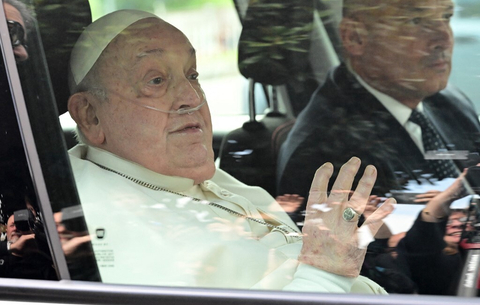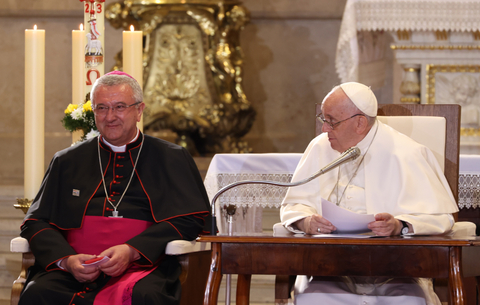At the centre of power
Ministers' private offices and the cabinet heads who run them are now more influential than ever. The cabinet head at the Defence Ministry, Peter Szeredi, has a job description running into 53 entries on the ministry's internal rule book. He is responsible for the Military Air Affairs Office, but also for employment levels at the ministry. The importance of his position is shown by the fact that the chief of staff runs not just the minister's private office but five other important units, running to 109 people, in a ministry with just 499 official posts.
They act as close confidantes to ministers, and have a fundamentally political role. In the early 1990s, they could only issue orders via the state secretaries. But this apolitical state administration came to an end last year. According to the public administration law of 2006, the chiefs of staff have a direct say in the running of ministerial department.
For example, Gyula Balogh, the 34-year-old chief of staff in the Ministry for Education and Culture, runs the legal, public service and administrative departments, a total of 124 people in a ministry with 600 employees.The role of the head of cabinet varies from ministry to ministry. In some cases, the chief of staff remains a right hand and adviser to the minister, and has no special administrative powers. This is Ferenc Jari's role in the Ministry of Foreign Affairs. He runs only the ministerial cabinet, the minister's secretariat and the department for parliamentary affairs (a total of 16 employees). "My task is to summarise the information the comes in and guide the minister around his department," says the 46-year-old. The career has an unusual CV nonetheless. He is the only chief of staff to remain in place after a change of minister. Kinga Goncz, the foreign minister, was a newcomer to the world of diplomacy, and decided to keep her predecessor's confidante in his post.
But in many ministries, the head of cabinet is in practice the number three person. In the defence, agricultural, education, economics and justice ministries, the head of cabinet has a very broad range of responsibilities. Zoltan Kisfaludy, who runs a dozen departments within the Justice Ministry, said: "After the post of administrative state secretary was abolished, the head of cabinet took on a wide range of administrative tasks." Mr Kisfaludy became known to the current minister when he was a Bundestag scholar in Bonn in 1990.
The 39-year-old is one of those chiefs of staff whose contract does not automatically expire when a parliamentary cycle ends. He has worked in public administration for 15 years and now runs his minister's personal team. His colleagues in the Prime Minister's Office and in the Finance Ministry have similar roles.
Another group of cabinet heads have contracts that are tied to the minister's period of service. Such political chief of staff positions have a contradictory character. Tamas Sarkozy, the first government commissioner for public administration under the Gyurcsany government, has claimed for years that the Hungarian government is too political, but last spring, Gyurcsany decided on his re-election to place the entire public administration apparatus under political control
Chiefs of staff who are also political advisers run departments within the Education Ministry and the ministries for social affairs and the environment. In the latter ministry, the Free Democrat Laszlo Petrus is in charge of 11 per cent of the ministry's staff, or 46 employees in total.
Before the 2006 parliamentary elections, Sarkozy wrote: "Over the past 10 years, one of the main reasons for the ineffectiveness of Hungarian governments has been that political influence has suppressed and undermined technical management." The former government commissioner believes the executive is simply unable to act in a modern economy "if public institutions' expert management is undermined for political reasons."
ENDRE BABUS
